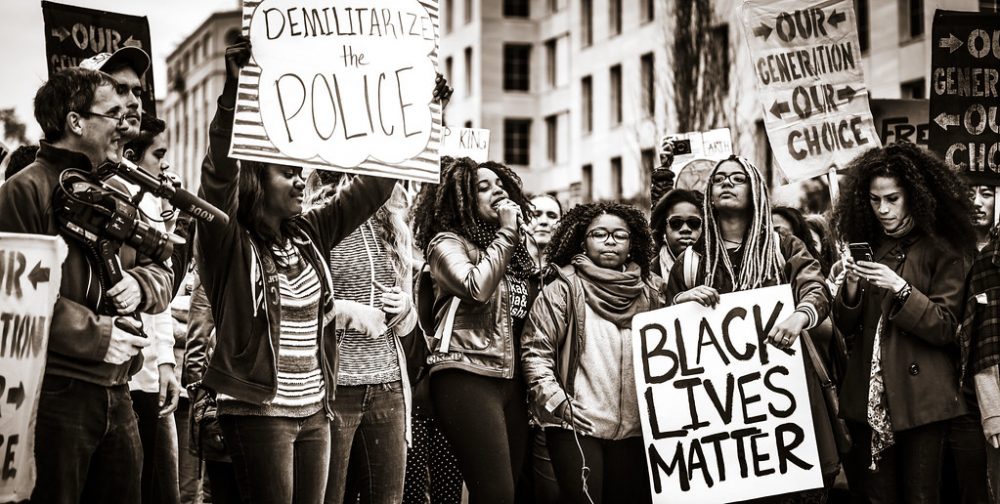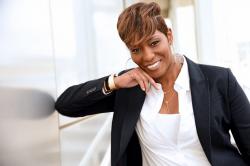[ad_1]
In a recent conversation, I was speaking to a friend about social issues. In my all too common discussions about society’s ills, we begin to talk about equality. As the conversation moved to the action stage, we started to ask, what can we do? What needs to happen? What are the next steps? Then it occurred to me that equality might be the wrong fight.
People of color have been fighting for equality for as long as I can remember and many hundreds of years before that. Now, in the 21st century, I’m not sure equality can ever be achieved. Think about it. There will always be someone who makes more money, lives in a bigger home, or drives a nicer car. Equality promotes fairness but only if we all start from the same place, with the same opportunities. Since that hasn’t happened and most likely won’t, we will never achieve equality, but we can achieve equity.
Fight for Equity Versus Equality
Equity gives us all the same tools we need to be successful. Our focus should be on changing policies and procedures to level the playing field. And, unfortunately, we will need white folks to engage with us in accomplishing equity. So, blaming white folks today for the racist systems put in place in the past will always impede the progress of dismantling the systemic issues we face daily. But, to speed up that progress, intentional inclusion is the best strategy for achieving equity.
Related: 27 THINGS WHITE PEOPLE SHOULD NEVER, EVER SAY TO THEIR BLACK CO-WORKERS
Related: 16 THINGS BLACK PEOPLE SAY OR DO THAT ANNOY WHITE PEOPLE AT WORK (AND IN GENERAL)
If we switch our focus to equity over equality, we could then lean in on the things that would bring about real change like access to good healthcare, loans for businesses, stores with better quality foods, smoother streets, culturally responsive police patrol and commerce in our communities that will help our communities thrive.
Be the Change
If you want to effect change, here are a few ways to start: point out policies that are not inclusive to all employees. It could be something as simple as letting management know that a policy against braids or natural hair is exclusionary to people of color. Look at procedures to see how implementing incremental changes could assist in more diverse hiring and promotions. Go ahead. Try it.
Black Enterprise Contributors Network
 The ideas and opinions expressed in this article are solely those of the author’s and not necessarily the opinion of Black Enterprise.
The ideas and opinions expressed in this article are solely those of the author’s and not necessarily the opinion of Black Enterprise.
[ad_2]
Source link


